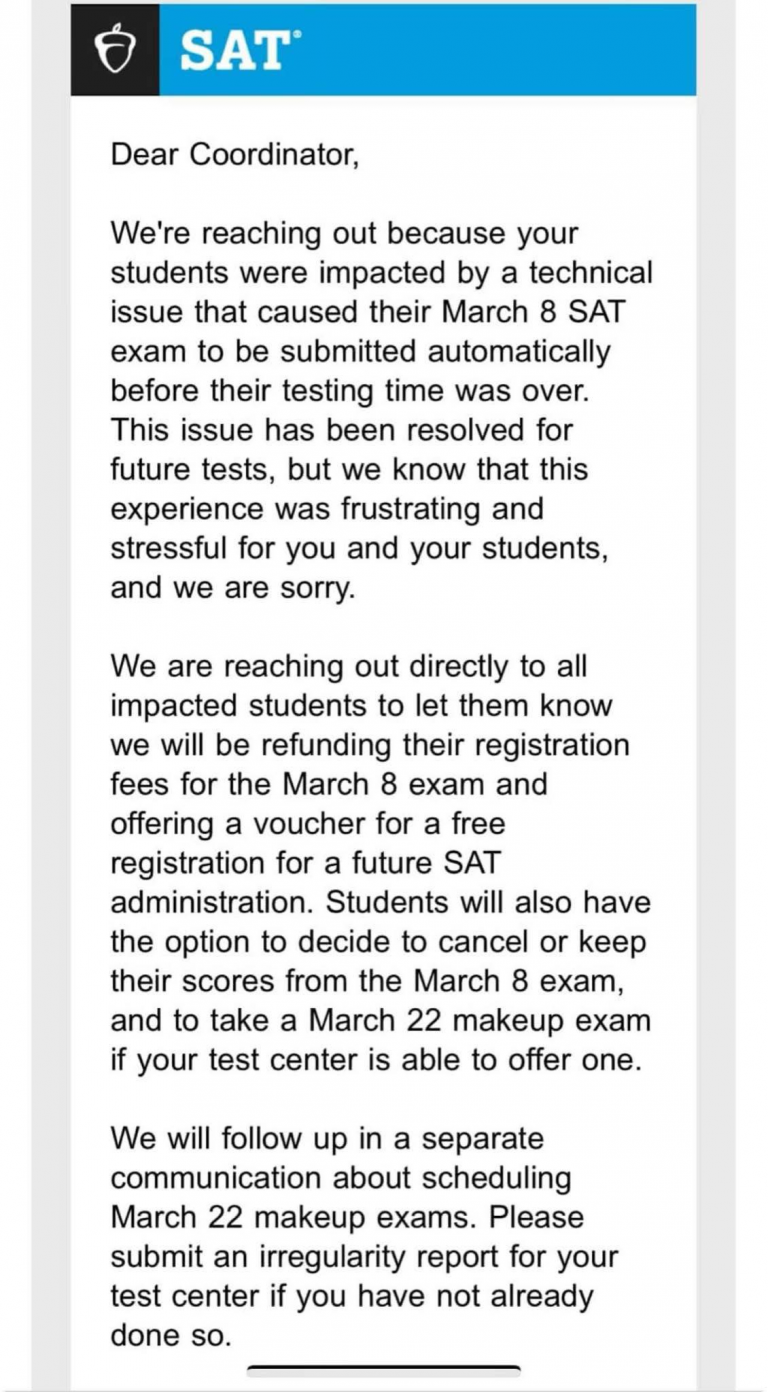Ivy Experience’s founders, Eric Karlan and Karan Shah, tackled the most recently released ACT to offer insight on its contents relative to past exams. Here are their thoughts on each section:
ENGLISH
Eric
A LOT of punctuation questions. And a lot of questions to avoid redundancies and wordiness.
These are traditionally two of the most prominent types of questions on ACT English, so this only reinforces that students need to study and master these types of questions.
Karan
While being concise and straightforward was always important before on the ACT, the added emphasis on this should make moving through the test easier for students.
MATH
Karan
While the added statistics provide a new wrinkle to the test, the biggest thing that stood out to me was the shuffling of concepts throughout the test. While the concepts being tested are the same, some of the more advanced concepts are showing up earlier on the test, albeit in simpler forms.
I also noticed that for students who have a lot of the higher-level math equations memorized, a lot of questions become much simpler. Students who have not encountered this math can still use strategies to get them correct, but it would take a bit longer. While this was always the case on the ACT, it seemed like this latest exam had more opportunities where students could save time with these equations.
Eric
Aside from a greater emphasis on statistics-oriented questions in the final quarter of the test – the hardest questions on the Math section – I do not see a fundamental difference between this section and those from older tests.
For all the rumors about ACT Math getting so much harder, it remains overwhelmingly the same old content presented in the same old ways.
READING
Eric
This is the first time I have seen the first passage – formerly “Prose Fiction” – be changed to a “Literary Narrative” passage. It’s also the first time I have seen the first passage on Reading be separated into Passage A and B.
Incidentally, most students hate when the passages are split into two, and they also hate the first fictional passage. So hopefully those students were wise enough to skip over the first passage and save it for last, tackling the other passages first.
(Side note: how cool that two of the other passages were about the Grateful Dead and whales!)
Karan
The passages made more of an effort this time to come across as more ‘interesting’ to the students. They use unique topics that would not normally be included in the major ‘themes’ in which they are presented.
SCIENCE
Karan
A couple of questions on this test required students to notice smaller facts that were included within the charts and graphs. While the questions did guide students where to look (the charts and figures), it was notable that they were challenging students to analyze and find smaller details.
This seemed like something more in line with what would show up on the Reading section as opposed to the Science section.
Eric
A lot more experimental procedure questions than I have seen in the past. Not necessarily logical reasoning (where there is some non-scientific thinking beyond the passage) or even science-based questions. Rather, they are questions to see if students could identify why certain steps and actions were being taken in the experiment.
Incidentally, this is a focal point of the SAT Math section – presenting charts and data and testing students on experiment procedures and certain data points’ significance.
—
Want to learn more about recent trends in the ACT and how best to prep for the test? Contact us today!


